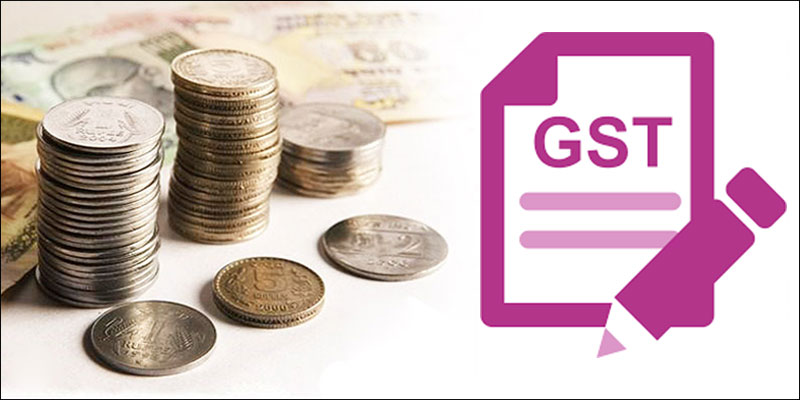In a diplomatic twist in the financial corridors, the council has received the tax rate of around 40 percent to assist future possibilities of an incidental surge in various goods and services. As the top officials and ministers have decided along with apex body, India has chosen to peg the pinnacle goods and services tax (GST) rate of 40% in the enactment rather than 28%, giving it the adaptability to raise rates without reaching out to Parliament. This is just an empowering arrangement and the most elevated rate demanded on goods will, in any case, be 28% (14% central GST and 14% state GST). The demerit and extravagance goods will pull in higher 28% rate in addition to Cess. This arrangement will likewise permit the administration to evacuate the cess at some stage and rather have a higher GST rate just, which will make for an easier GST.
The GST Council has chosen to fix the pinnacle tax rate at 40% (20% central GST and 20% state GST) in the model GST law to prevent the necessity of moving toward Parliament or state assemblies for any adjustment in future. A senior finance ministry official said that this has been done to guarantee that when the cess is evacuated or consolidated, the adaptability to force higher rate on extravagance goods is not taken away.
Officials referred some important points over this matter as, “There shall be levied a tax called central state goods & services tax (CGST SGST) on all intra-state supplies of goods and services… at such rates as may be notified by the central state government… but not exceeding 14%on recommendation of the council and collected in such manner as may be prescribed,” the draft GST law says. Officials said this “14%” will now be changed to say the rate will not exceed “20%.”
“It is important for the government to realize that benefits of GST will only accrue if rates are moderate and tax base is enhanced. It might be prudent for the council to reconsider this decision,”said Pratik Jain of PwC India. The official dismissed these fears. “There is no thinking to tinker with the rates at present,” they added
Read Also: GST Online Payment Guide for Petty Tax Payers India
The adjustment in the pinnacle rate won’t modify the four-piece rate structure of 5%, 12%, 18% and 28% settled upon a year ago, however, is just an arrangement being incorporated with the model law to deal with possibilities in future. The GST Council, headed by finance minister Arun Jaitley and containing agents of all states, is to take up the model laws at its next meeting. Reflecting the model GST law, the CGST, SGST, and UTGST law will be solidified by the Center, states, and Union Territories, separately.
Pratik Jain, indirect tax leader, PwC India highlighted some issues, “While it seems that it will not immediately impact the current slabs which have been envisaged, the industry would be afraid that rates could increase once GST is implemented.” as the fear of tax raise has surrounded.
The Center arrangements to present in Parliament the Central GST Bill in the anticipated session starting March 9. After it is confirmed, the states will present the State GST Bill in their individual legislative assemblies. The central and state authorities will soon begin the practice to figure out which goods and services ought to fall in which tax section and a similar will be taken to the board for endorsement. Together with this, they will likewise choose the goods and services that would pull in a cess on top of the pinnacle rate to make a substantial amount that can be utilized for repaying states for any loss of income from the usage of GST in the initial five years. After all, the council is set to erode any situation or substance to negotiate the terms heavily regarded due to the goods and service tax.










